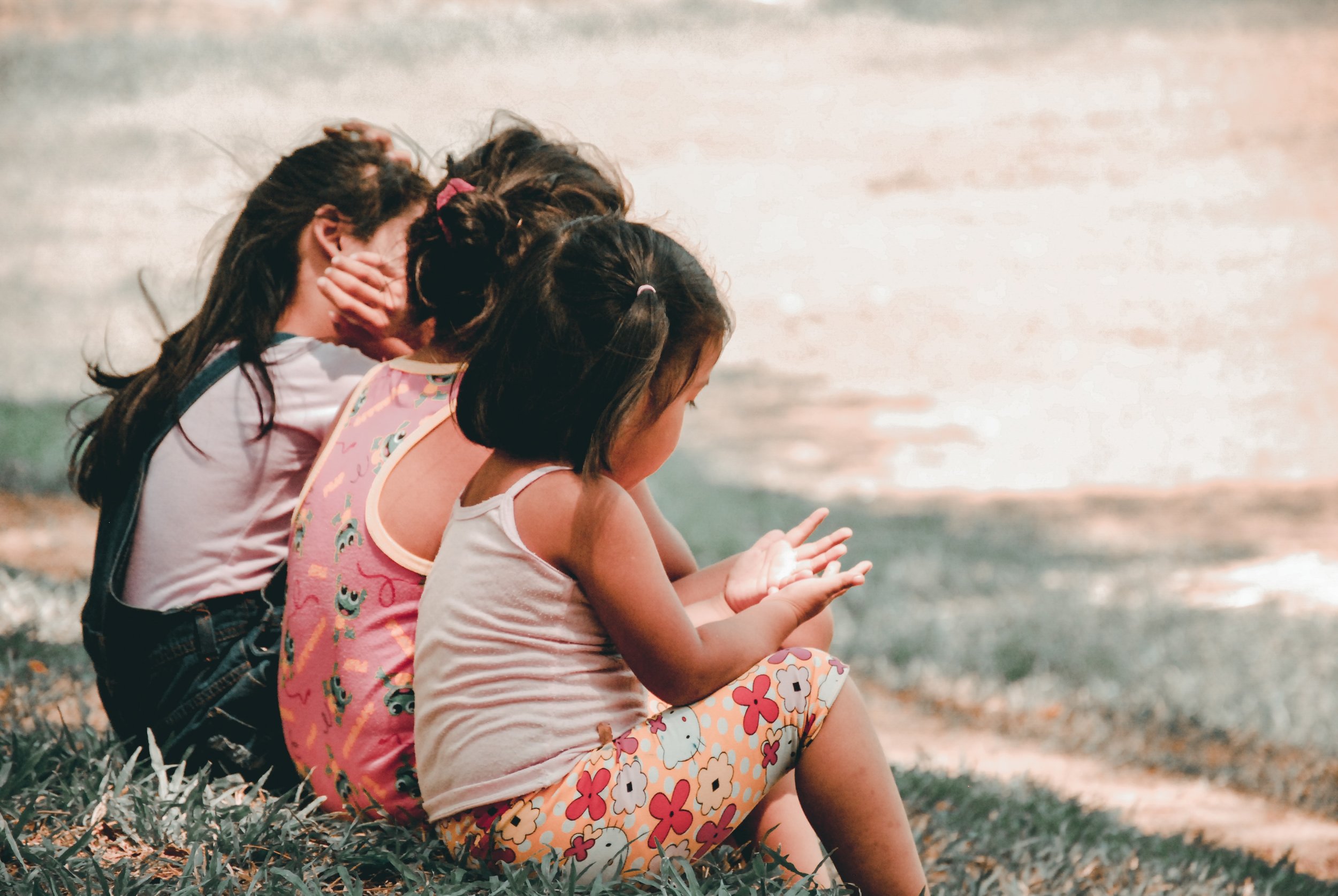retained neonatal reflexes™
Also referred to as retained primitive reflexes, RNR is a revolutionary approach to treating children (and adults) with learning difficulties, behavioural issues or chronic health conditions.
What are retained neonatal reflexes?
Retained neonatal reflexes™ is a specific assessment and treatment protocol to support integration of reflexes and promote brain development.
To explain why these reflexes get retained, first let’s cover what neonatal reflexes are in the first place.
what are primitive reflexes?
Primitive reflexes are neurologically derived reflexes that appear in utero. They are important for survival and development of the baby during the pregnancy, and a number of reflexes are required for the baby to be actively involved in the birth process.
Primitive reflexes are essential for a baby’s survival in the first few weeks of life, helping them to establish breastfeeding and communicate in times of stress or discomfort.
These reflexes are referred to as primitive reflexes because they are controlled by the primitive part of the brain. The primitive brain is completely automatic, and responds to the environment around it.
In a normally developing nervous system, these reflexes begin to integrate and are basically inhibited by ‘higher centres’ of the brain. They should not be present in a child beyond infancy, and definitely not in an adult.
what are neonatal reflexes?
Neonatal reflexes are those which appear through a child’s development. They are not primitive because they are not associated with their in utero life or the birth.
Neonatal reflexes are important because they assist in the baby meeting their milestones. They are essential for a baby to learn to roll, sit, crawl and walk.
Many parents are surprised to hear that movement is the base of brain development - and if your baby hasn’t achieved their milestones within an appropriate age (and is therefore moving correctly), this can flow on to other learning and behavioural difficulties.
primitive and neonatal reflexes are supposed to integrate at appropriate times.
These reflexes serve a purpose in your baby’s brain and body development.
When they are not integrated at the appropriate time, they are retained. This means that reflexes that aren’t meant to be triggered can still stimulate a response in a child.
Retained neonatal reflexes™
The RNR treatment assesses the body for any reflexes that may have been retained during the development process.
Neonatal reflexes can be retained for many reasons, but the underlying mechanism is the same. Reflexes that integrate never go away.What happens is the brain develops, and as the more mature parts of the brain develop they INHIBIT the reflexes.
Underlying all retained reflexes is a lack of inhibition from higher centres of the brain. Once the rest of the brain kicks into gear, the reflexes begin to integrate and their effects disappear.
The concern with children who retain their neonatal reflexes is that their higher centres are not developing adequately, and cannot trigger the inhibition and therefore integration of the reflexes.
The higher centres of the brain are associated with almost everything that isn’t automatic - learning, memory, language, vision, behavioural control, motor development (fine and gross motor), and balance and coordination.
Therefore, the biggest issue with a child showing signs of retained neonatal reflexes is that their higher centres haven’t adequately developed, leading to their behavioural and/or learning difficulties.
How are retained neonatal reflexes resolved?
Resolving retained neonatal reflexes involves a specific protocol.
Firstly, a full assessment is required to see if you or your child is a candidate for RNR™. (There are alternative options if you or your child are showing signs that other systems and organs need to be addressed before reassessing for RNR).
Once it has been confirmed that some reflexes are retained, a plan can be created around each individual presentation (we are all individual, after all).
Once reflexes have been integrated, it is unlikely they will return unless a significant stress or trauma occurs.
Treatment involves working with neurology and movement, and is a gentle approach for babies through to adults.
Each case will be closely monitored for progress, to ensure any RNR treatment is the best option for you and your family.
Primitive Reflexes Course
Not sure where to start with your child’s dysregulation?
The course is for Mums looking to learn all about primitive reflexes and how they affect their child’s development - you’ll probably learn a thing or two about yourself too!
Learn how to support your child’s development, their ability to handle stress, and optimise their brain development.


